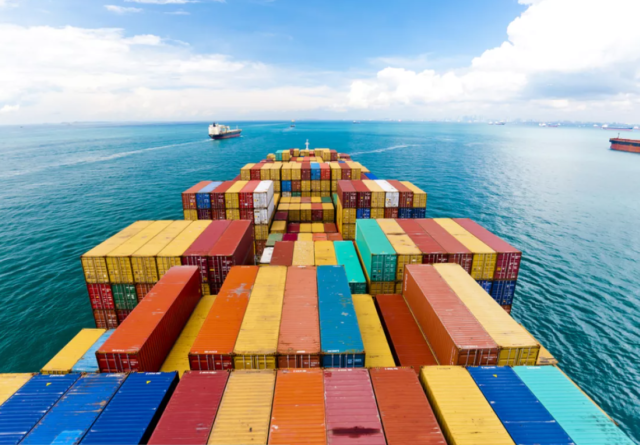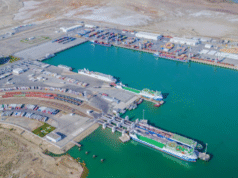The International Maritime Organization (IMO) gathered in London this week and has agreed to new regulations requiring shipping companies to pay for the carbon dioxide (CO₂) emissions produced by their vessels starting in 2028.
This marks a significant milestone, as an article by the Global Maritime Forum on this decision highlights that the shipping sector is now the first industry with internationally mandated targets to reduce emissions.
Under the new rules, ships will incur charges for greenhouse gas emissions, with higher rates applying beyond certain emission thresholds. The framework also includes a carbon credit trading system, intended to encourage operators to reduce emissions by adopting cleaner fuels and more efficient practices, such as slower sailing speeds to reduce fuel consumption.
While the initiative is forecast to raise approximately $10 billion annually, this is significantly less than the $60 billion a year that a straightforward carbon tax could have generated. Moreover, the funds raised will primarily be reinvested within the shipping industry to support green technologies, rather than being allocated to vulnerable nations facing climate-related disasters — a key criticism from climate advocates and developing countries.
Despite the novelty of this agreement, the decision has been criticized by some for falling short of expectations, particularly from poorer nations that had advocated for a direct carbon levy to fund their climate resilience efforts.
The expected emissions reduction by 2030 is projected at only 8%, far below the 20% target established in the IMO’s 2023 climate strategy. Campaigners such as Emma Fenton of Opportunity Green told the publication that the agreement, though historic, fails to meet the urgency of the climate crisis or the commitments previously made by member states.
Several oil-rich nations, including Saudi Arabia, Russia, and the UAE, opposed the regulations, but the majority at the IMO backed a compromise deal. There are concerns that shipowners may turn to liquified natural gas (LNG) as an alternative to traditional fuels, although the rules are expected to penalize LNG more heavily in the 2030s.
Nevertheless, Tristan Smith, an energy and transport expert at University College London, told the article’s authors that the regulations may instead drive a surge in biofuel use — considered the most cost-effective compliance option for much of the global fleet, but potentially harmful to the environment. Smith emphasized that further negotiations before the official adoption in October will be crucial to refining the system and minimizing negative impacts.







